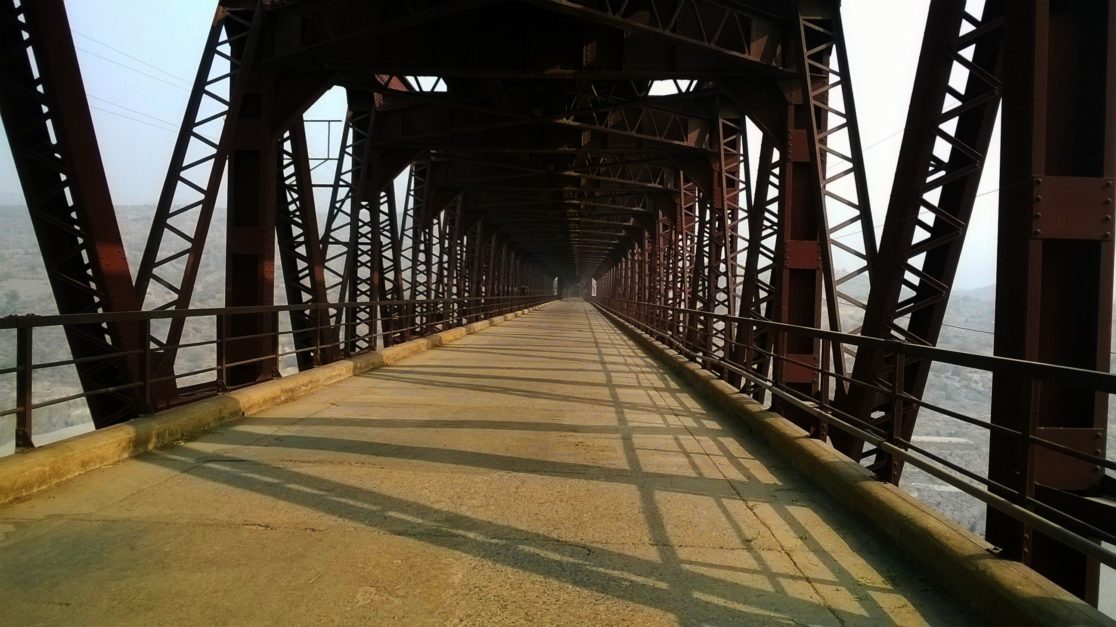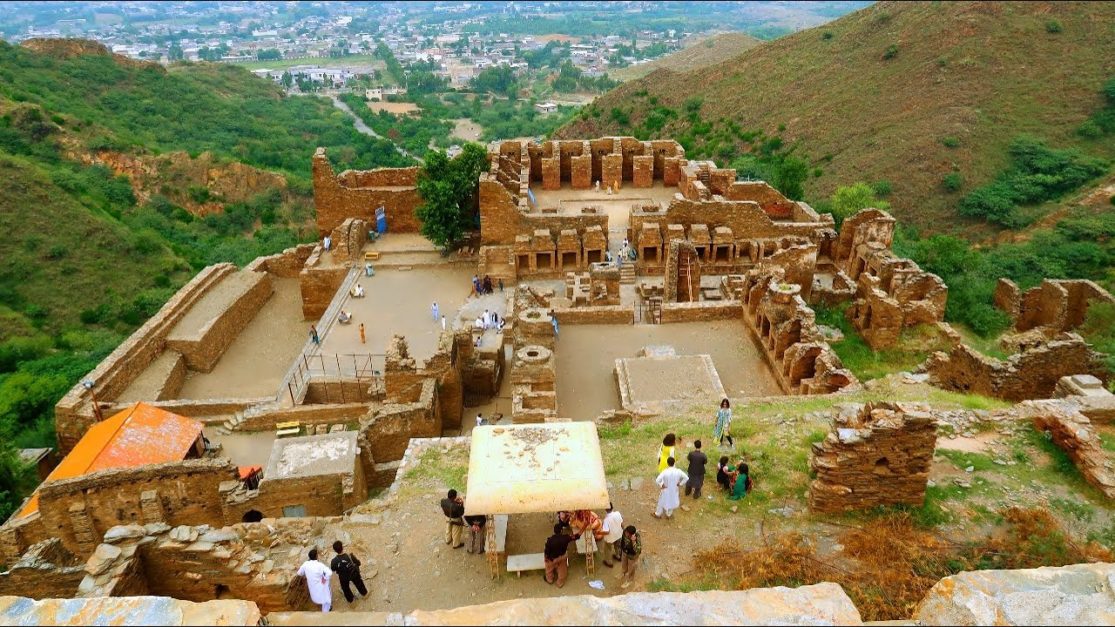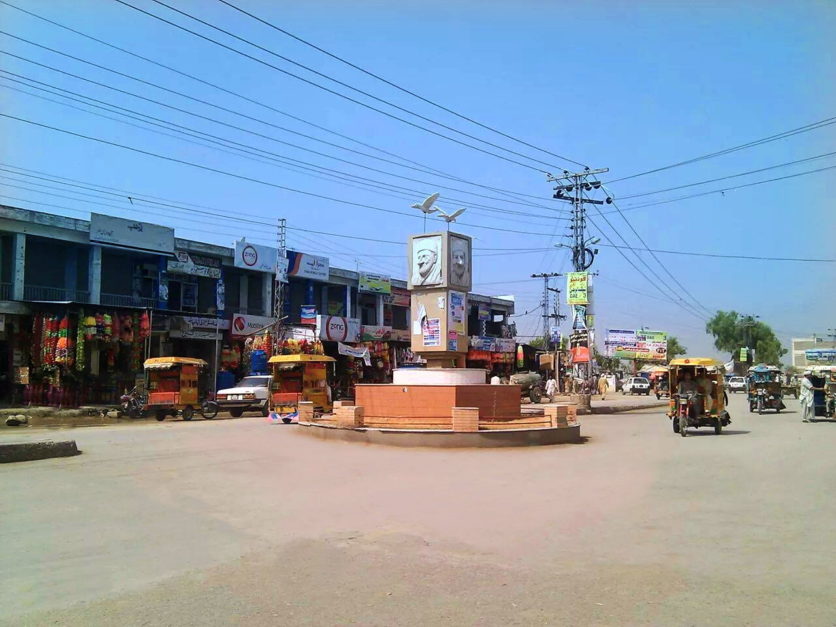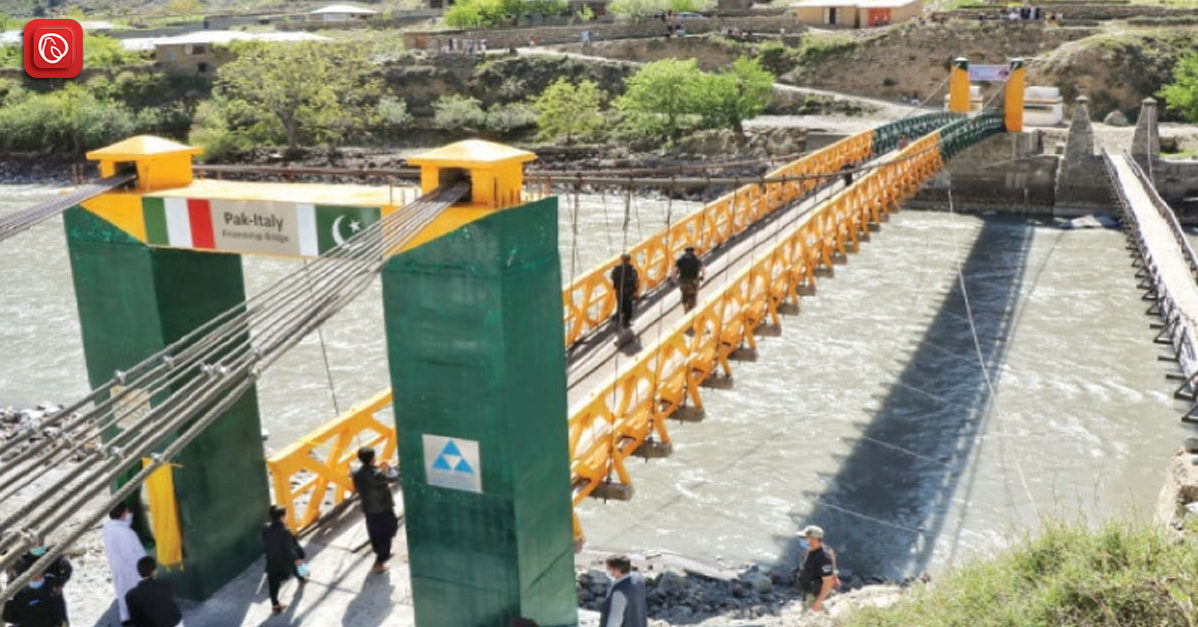Khairabad, located in the Nowshera District of Khyber Pakhtunkhwa, Pakistan, is a strategically significant town located near the Kabul River and along the historic Grand Trunk Road. Predominantly inhabited by Pashtuns, Khairabad is rich in cultural heritage, with Pashto being the primary language. The town’s economy is primarily driven by agriculture, benefiting from the fertile river plains.
Khairabad is surrounded by historically and economically important cities like Nowshera, Peshawar, and Attock, making it a vital hub in the region. The town’s cultural fabric is woven with traditional Pashtun values, hospitality, and vibrant music and dance traditions, reflecting the broader cultural richness of Khyber Pakhtunkhwa.
In this blog, Graana.com will discuss everything in detail about Khairabad, including geography, location, climate, and much more.
Geography and Location
Khairabad is present in the Nowshera District of Khyber Pakhtunkhwa, a province in northwestern Pakistan. This region includes a diverse and dramatic landscape, which ranges from fertile plains to rugged mountains. The town of Khairabad itself is strategically nestled near the banks of the Kabul River, one of the major rivers in the region. This proximity to the river not only provides vital water resources for agriculture but also places the town in a crucial geographical position historically and economically.
The Kabul River, originating from the Hindu Kush mountains in Afghanistan, flows into Pakistan and merges with the Indus River, making it a significant waterway for both irrigation and transportation. Khairabad’s location along this river has historically facilitated trade and movement, serving as a conduit for goods and people between the interior regions and other parts of the subcontinent.
The fertile lands along the river banks are conducive to agriculture, which is a primary occupation for the local population. This has led to the development of various agricultural practices that sustain the local economy and contribute to the region’s food supply.
Another key geographical feature of Khairabad is its location along the Grand Trunk Road (GT Road), one of the oldest and longest major roads in South Asia. The GT Road stretches from Bangladesh to Afghanistan, passing through the length of northern India and Pakistan.
Khairabad’s position on this historic route has long made it a strategic point for trade and military logistics. This road has not only connected Khairabad to major cities and markets but also played a pivotal role during various historical periods, including the British colonial era, when it served as a main artery for movement and communication.
Climate
The climate of Khairabad is typically temperate, influenced by its riverine geography. The presence of the Kabul River helps moderate the temperatures. However, the area can experience extreme weather variations, including hot summers and cold winters. Seasonal monsoon rains are crucial for agriculture but also pose a risk of flooding, which can impact both the local population and infrastructure.
Culture and Society
Khairabad, situated in the heart of Khyber Pakhtunkhwa, is predominantly inhabited by the Pashtun ethnic group. The Pashtuns, also known as Pathans, are an ethnic group with a rich cultural heritage and a distinct social structure that has shaped the way of life in Khairabad.
The primary language spoken here is Pashto, which is not just a means of communication but also a bearer of the region’s historical narratives, poetry, and traditional wisdom. Pashto literature and poetry, with famous poets such as Khushal Khan Khattak and Rahman Baba, are deeply revered and continue to influence the cultural landscape of Khairabad.
Ethnicity and Language
The Pashtuns of Khairabad, like their counterparts in other parts of Khyber Pakhtunkhwa, adhere to a tribal social structure that emphasises strong kinship ties and clan loyalty. The Pashto language plays a crucial role in maintaining the cultural identity of the Pashtun people.
It is a language that carries with it centuries of history, folklore, and traditions. Therefore, it is a source of pride for the community. In daily life, Pashto is used in homes, markets, schools, and local governance, reinforcing its role as the cornerstone of Pashtun identity.
Tradition
Pashtun culture in Khairabad has a strong adherence to traditional values and customs, many of which are encapsulated in the code of conduct known as “Pashtunwali.” This code emphasises key principles such as hospitality (Melmastia), honour (Nang), and revenge (Badal), which govern social interactions and community behaviour.
Hospitality is particularly noteworthy; visitors are treated with utmost respect and generosity, often regardless of personal relationships or the socio-economic status of the host. It is a tradition deeply embedded in Pashtun society and is seen as a reflection of one’s honour and respectability.
Traditional music and dance are integral aspects of life in Khairabad. The region’s musical heritage includes instruments like the rabab and mangy, and traditional forms of music that are often performed during celebrations and communal gatherings.
Attan, the traditional Pashtun dance, is a vibrant and energetic dance that is performed on various occasions, from weddings to national celebrations. This dance, characterised by rhythmic movements and accompanied by the beat of the drum, serves not only as entertainment but also as a means of preserving cultural identity and unity.
Additionally, storytelling and poetry recitation are common cultural practices. Pashto poetry, with its themes of love, bravery, and social justice, is recited and celebrated in community gatherings. These poetic sessions, known as mushairas, are a testament to the region’s rich literary tradition. Moreover, it provides a platform for both established and aspiring poets to share their work.
Nearby Places of Khairabad, Khyber Pakhtunkhwa
Following are some of the important places near Khairabad, Khyber Pakhtunkhwa:
- Nowshera
- Peshawar
- Attock
- Mardan
- Charsadda
Nowshera
Nowshera, the district in which Khairabad is located, is one of the key urban centres in Khyber Pakhtunkhwa. As the administrative capital of the district, Nowshera is an important hub for commerce, education, and administration.
The town has a strategic position along the Grand Trunk Road, enhancing its connectivity with other major cities. Nowshera is popular for its military significance, hosting several military installations and cantonments. The presence of the Pakistan Army’s School of Artillery and the Military College of Engineering underscores its importance in national defence. The town is also famous for its historical sites, including old forts and colonial-era buildings, reflecting its rich historical tapestry.
Peshawar
Peshawar, the capital of Khyber Pakhtunkhwa, is located to the west of Khairabad. As one of Pakistan’s oldest cities, Peshawar has a rich history that dates back to ancient times. It serves as a gateway between Central Asia and the Indian subcontinent. Today, it is a bustling metropolis known for its vibrant bazaars, historical sites, and cultural heritage.
The city’s notable landmarks include the Bala Hisar Fort, the historic Qissa Khwani Bazaar, and the Peshawar Museum. The museum houses an extensive collection of Gandhara art. Peshawar is also an educational and economic centre, with numerous universities, colleges, and industrial zones.
Attock

Attock, located to the southeast of Khairabad across the Indus River in Punjab province, is historically significant due to its strategic location at the convergence of the Punjab and Khyber Pakhtunkhwa regions. The town is famous for the historic Attock Fort, built by the Mughal Emperor Akbar in the 16th century to protect the passage across the Indus River.
Attock’s location has made it a crucial military and trade site throughout history. Today, the town remains an important crossing point between the two provinces. Its economy is supported by agriculture, local trade, and some industrial activities.
Mardan

Mardan, situated to the north of Khairabad, is another significant city in Khyber Pakhtunkhwa. It is famous for its agricultural productivity, particularly in the cultivation of crops like sugarcane, wheat, and tobacco. The city also hosts a number of industries, including sugar mills and textile factories, contributing to its economic vitality.
Mardan is culturally rich, with several archaeological sites, the most notable being the ancient Buddhist ruins of Takht-i-Bahi. This UNESCO World Heritage Site attracts tourists and scholars alike. It reflects the region’s historical importance as a centre of Gandhara civilization.
Charsadda

Charsadda lies to the northwest of Khairabad and is famous for its archaeological and historical significance. It was once the ancient city of Pushkalavati, the capital of the Gandhara kingdom. Today, Charsadda is an agricultural hub, known for producing sugarcane, wheat, and tobacco. The town is also famous for its handwoven fabrics and traditional crafts.
The archaeological sites in Charsadda, including the ruins of ancient cities and Buddhist stupas, draw historians and tourists interested in the rich cultural past of the region. The town’s proximity to Peshawar further enhances its strategic and economic importance.
Moreover, these nearby towns and cities form a network of cultural, historical, and economic hubs around Khairabad. Each contributes uniquely to the region’s diversity and development. Lastly, their interconnectedness through major roads and rivers underscores the strategic significance of Khairabad within this vibrant and historically rich area of Khyber Pakhtunkhwa.
For more related information, visit Graana Blog.




